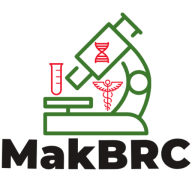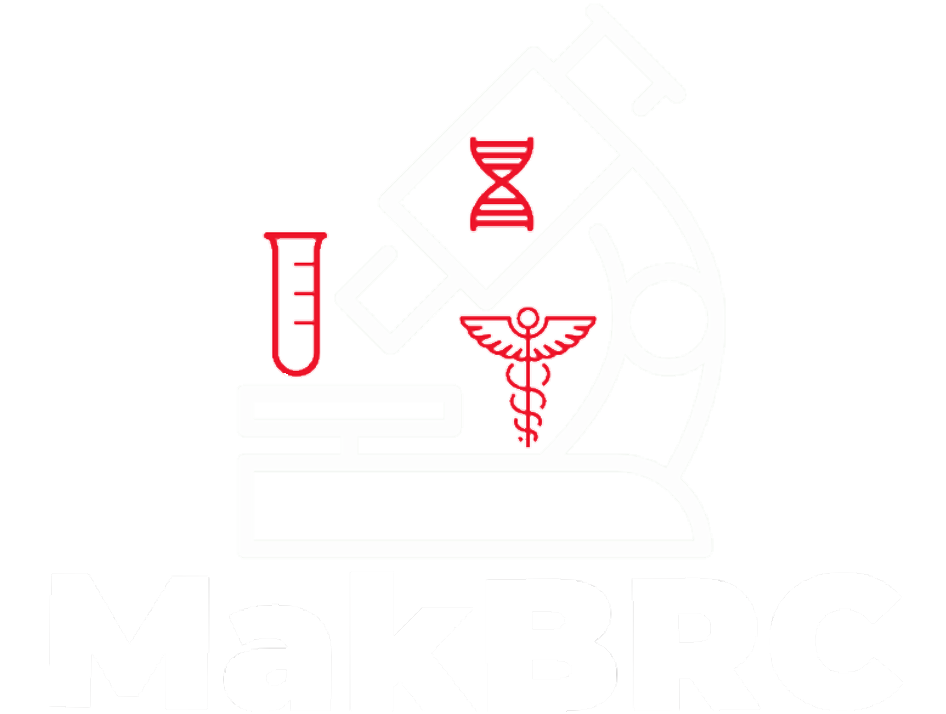The Dean, School of Biomedical Sciences Makerere University College of Health Sciences invites you to a scheduled PUBLIC PhD DEFENSE
TUESDAY. 17th January. 2023 02:00 pm (EAT)
Venue: MakCHS Conference Room, 2nd Floor Clinical Research Building and Online
PhD Candidate: Ester Lilian Acen
Title: Effect of Vitamin D binding Protein Gene Polymorphisms and Vitamin D bioavailabilty on Cathelicidin expression in Tuberculosis infection and disease
SUPERVISORS:
- Prof. William Worodria
- Assoc Prof. Irene Andia Biraro
- Dr. David Patrick Kateete
- Prof. Moses L. Joloba
INTERNAL EXAMINERS:
- Dr. Sande James Obondo
- Dr. Bernard Bagaya
EXTERNAL EXAMINER/OPPONENT:
Prof. Joel Bazira, Mbarara University of Science & Technology
DOCTORAL COMMITTEE:
- Dr. Henry Kajumbula
- Dr. Freddie Bwanga
- Dr. Jackson Mukhonzo
- Assoc. Prof . Jessica Nakavuma
- Assoc Prof. Josephine Kasolo
DEFENSE CHAIR:
The Dean, School of Biomedical Sciences, MakCHS.

